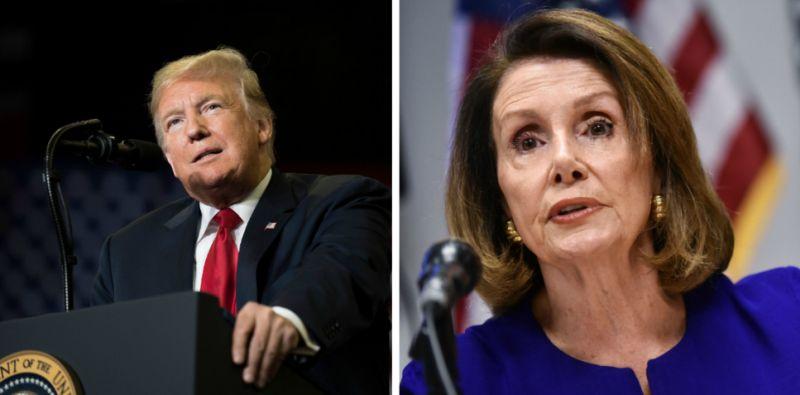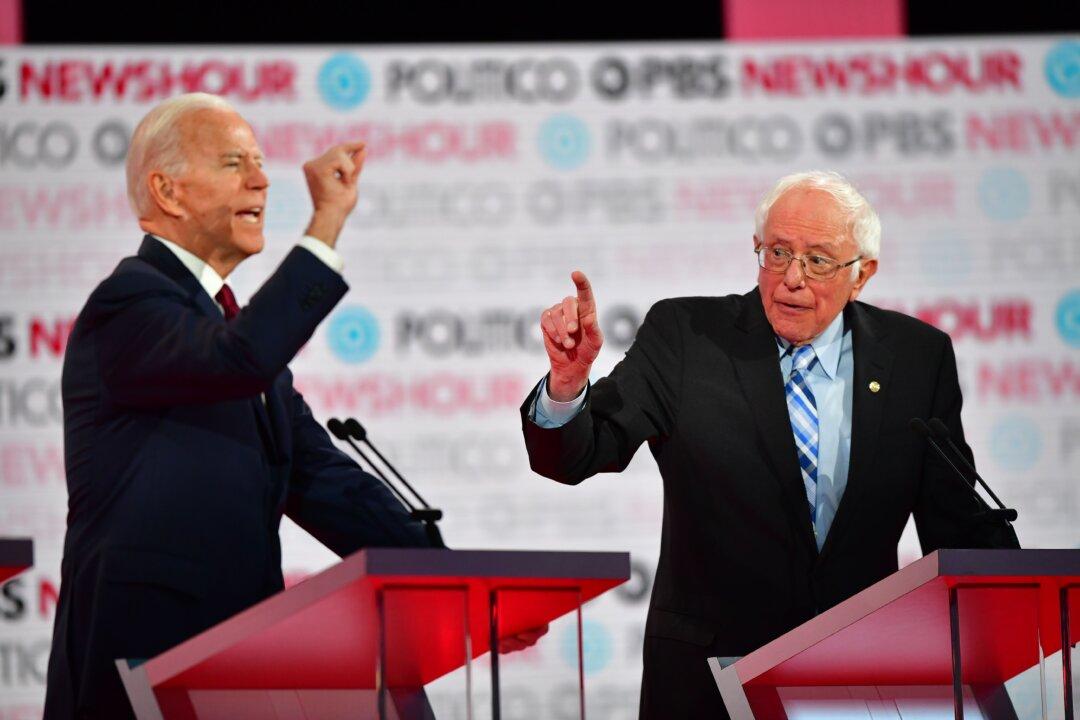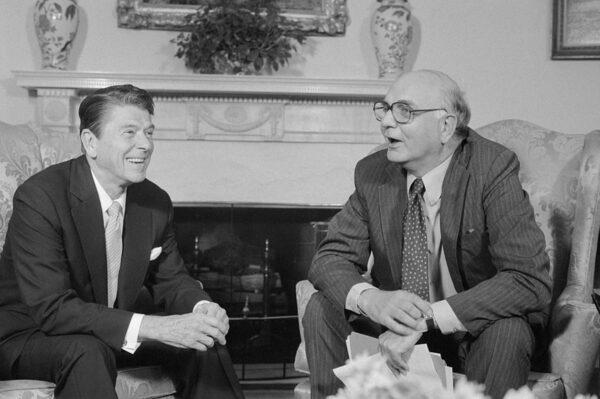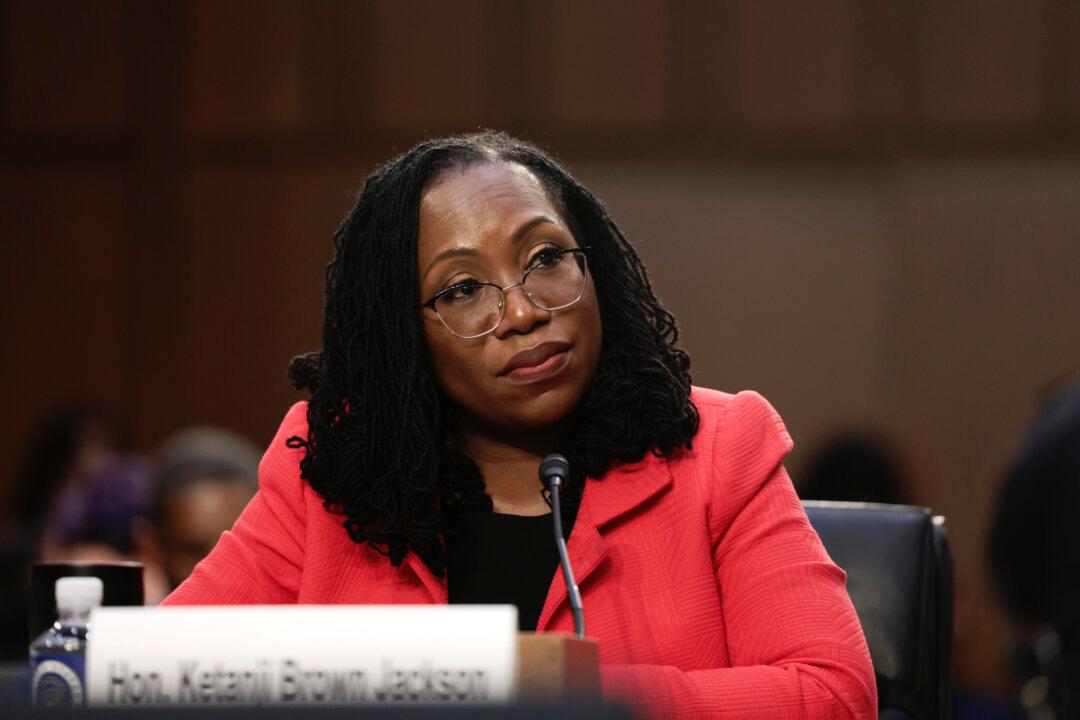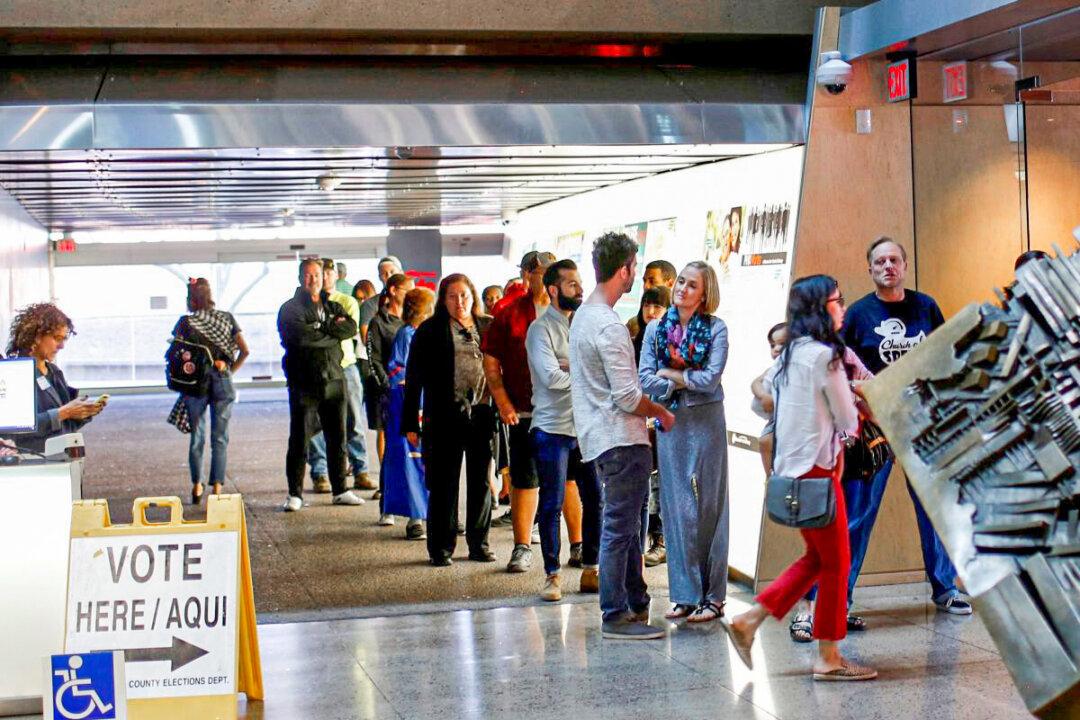Signs of our societal divisions are everywhere. Our political parties are at odds, our media is divided, and our citizens aren’t only divided, they are sorting themselves out between red and blue states.
One other sure sign of the magnitude of our divisions is the disappearance of the political middle—the loss of bipartisanship.
